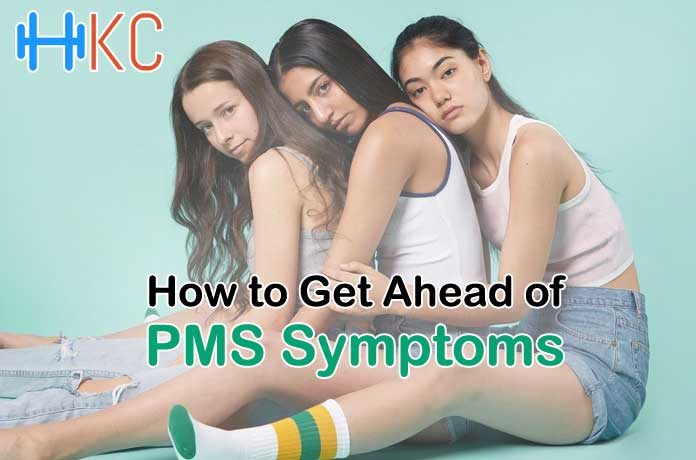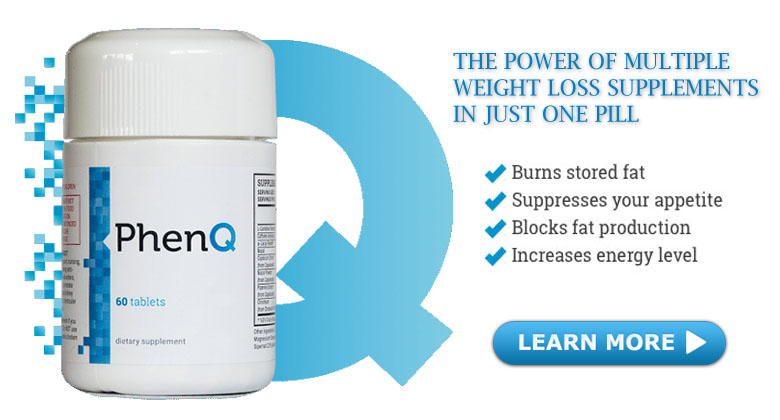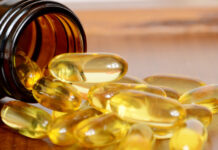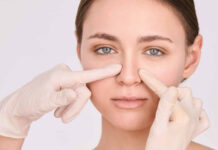How to Get Ahead of PMS Symptoms
PMS (Premenstrual Syndrome) is a condition which impacts the emotional, behavioral and physical health of a woman during her menstrual cycle or just before her periods. It usually affects 90 percent of menstruating women and begins around 5 to 11 days before your menses and goes away once your menstruation starts. Usually, doctors believe that the change in sex hormone and serotonin levels lead to it. The estrogen and progesterone levels rise during specific times of moths. This rise may lead to irritability, mood swings and anxiety.
Experiencing PMS symptoms is not fun, but if you do certain things, you may be able to reduce, or even prevent, them. Health experts actually say that most of the symptoms related to menstruation are not normal and are a sign that something else is off. Sometimes making changes nutritionally can make a big difference, and by doing so you can avoid having to take over-the-counter or prescription pain meds.
Causes of PMS
Even though PMS is quite common in girls, doctors cannot find the exact cause of it. It possibly has to do with the amendments in your body anatomy during the time of your period. There are conditions which affect PMS but cannot lead to it. If you are under a lot of stress or you don’t exercise, do not sleep enough or drink too much alcohol or junk food, then you may experience PMS symptoms. Often girls who are depressed face this problem.
There are other methods to deal with some of the unwanted PMS symptoms before they become too serious. For example, using the best natural acne oil can help combat blemishes before they actually appear. If you typically suffer from symptoms related to getting your period, the following tips may help.
Common PMS Symptoms
Every woman experiences PMS differently. Some may have very mild symptoms while others’ symptoms are so severe it causes women to miss work or school for a day or two. Some of the related symptoms include:
- Abdominal bloating
- Cramps
- Acne
- Sore breasts
- Headaches
- Fatigue
- Irritability or sadness
- Constipation or diarrhea
- Food cravings, majorly sweets
- Sensitivity to light and sound
- Change in sleeping patterns
- Depression or anxiety
- Emotional outbursts
- Sadness in heart
- Poor concentration
- Social withdrawal
- Change in libido
- Weight gain because of fluid retention
Irrespective of the severity of the symptoms, they are likely to disappear during the four days of the start of menstrual period. But, some women have PMS with disabling symptoms which is called PMDD (premenstrual dysphoric disorder). It has additional symptoms along with PMS symptoms but can be cured with right medication.
There are OTC remedies, such as ibuprofen ordiuretics, can help relieve some of the discomfort. For some women, they may even need stronger prescription medication. However, medication comes with side effects, and it just masks the symptoms. As an alternative, there are natural things one can do to prevent, relieve and reduce the symptoms.
How to Fight PMS Symptoms
Getting ahead of PMS symptoms oftentimes means focusing on the cause of the problem, while other times it means recognizing an early symptom and taking control before it gets worse.
Make Nutritional Changes
Many of the PMS symptoms are a result of nutritional deficiencies. Some beneficial vitamins and nutrients that may help include:
- Multivitamin for balanced nutrition
- B6 and folic acid to combat fatigue and depression
- Vitamin D, calcium and magnesium for cramp reduction
- Fiber to prevent constipation
- Increased amounts of water to reduce bloating
- Linoleic acid to reduce inflammation and relieve headaches and breast tenderness
- Herbal remedies to help balance hormones and reduce symptoms
- Eat a healthy and balanced diet to enhance your overall health and energy. Lower the intake of caffeine, salt and sugar.
- Sleep for at least 8 hours daily to get rid of fatigue.
- Exercise to lessen bloating and add to your mental health
- Lower your stress by reading
Around the time of your period, it is also a good idea to reduce intake of caffeine, sugar, salt and alcohol. This helps improve energy levelsand reduces the amount of inflammation in the body.
Fight Acne
Some women break out around the time of their period. It is usually easy to tell when a pimple is coming in even before it breaks the surface. To help combat this, look for the best acne oil treatment to prevent its appearance. This can get rid of a pimple overnight.
Exercise
While being active may be the last thing one wants to do when suffering from period symptoms, it can be extremely beneficial. It helps move fluid throughout the body which can decrease bloating. It also helps with mental health and can combat feelings of depression, irritability and sadness.
What will your doctor do?
If you have tried different measures, but you still suffer from bad PMS, then it is time you seek help of a doctor. Make an appointment with your gynecologist and tell her your symptoms, health condition and medication. The diagnosis is done when more than one symptoms persists in the right time frame and it is chronic enough to cause impairment and gets 0 between ovulation and menses. She may go for blood tests to ensure that it is the PMS that is troubling you and nothing else. Your doctor may ask you about your history with depression in your family to determine whether it is one of the causes of PMS or not. You may also have to undergo a thyroid hormone test, a pregnancy test and a pelvic exam test.
In order to mark your premenstrual pattern, you should record the sign and symptoms on a calendar or diary for two or three menstrual cycles. If they persist as stated above, then you are experiencing PMS problem and nothing else.
Your doctor may prescribe your medication. Sometimes birth control pills also help with cramping and headache. Very often antidepressants have shown great results in this case. Often women take medication to avoid the additional fluid which makes them feel bloated. Some doctors also advise talk therapy. It makes the patient learn new ways to overcome challenges by getting in touch with a mental health counselor. Medications like antidepressants, non-steroidal anti-inflammatory drugs, diuretics and hormonal contraceptives can help you a lot to recover and get relief from PMS symptoms.
Reduce and Prevent PMS Symptoms
There are many things one can do to help decrease or even eliminate period symptoms. The menstrual products you use also have an overall effect on the body. It is best to use organic tampons with applicators or 100% organic cotton pads. This helps maintain a healthy vaginal pH level, and it is good for the environment.
Lifestyle and home remedies
You can make some amendments in your daily life to reduce the symptoms of premenstrual syndrome.
- Eat more frequent and small meals to get rid of the feeling of fullness and bloating.
- Lower your salt intake to lessen fluid retention.
- Choose food items which are rich in complex carbohydrates.
- Eat food rich in calcium.
- Cut down your intake of alcohol and caffeine.
- Practice muscle relaxation and breathing exercises to get rid of anxiety, headache and sleeping issues.
- Try yoga to relieve stress.















